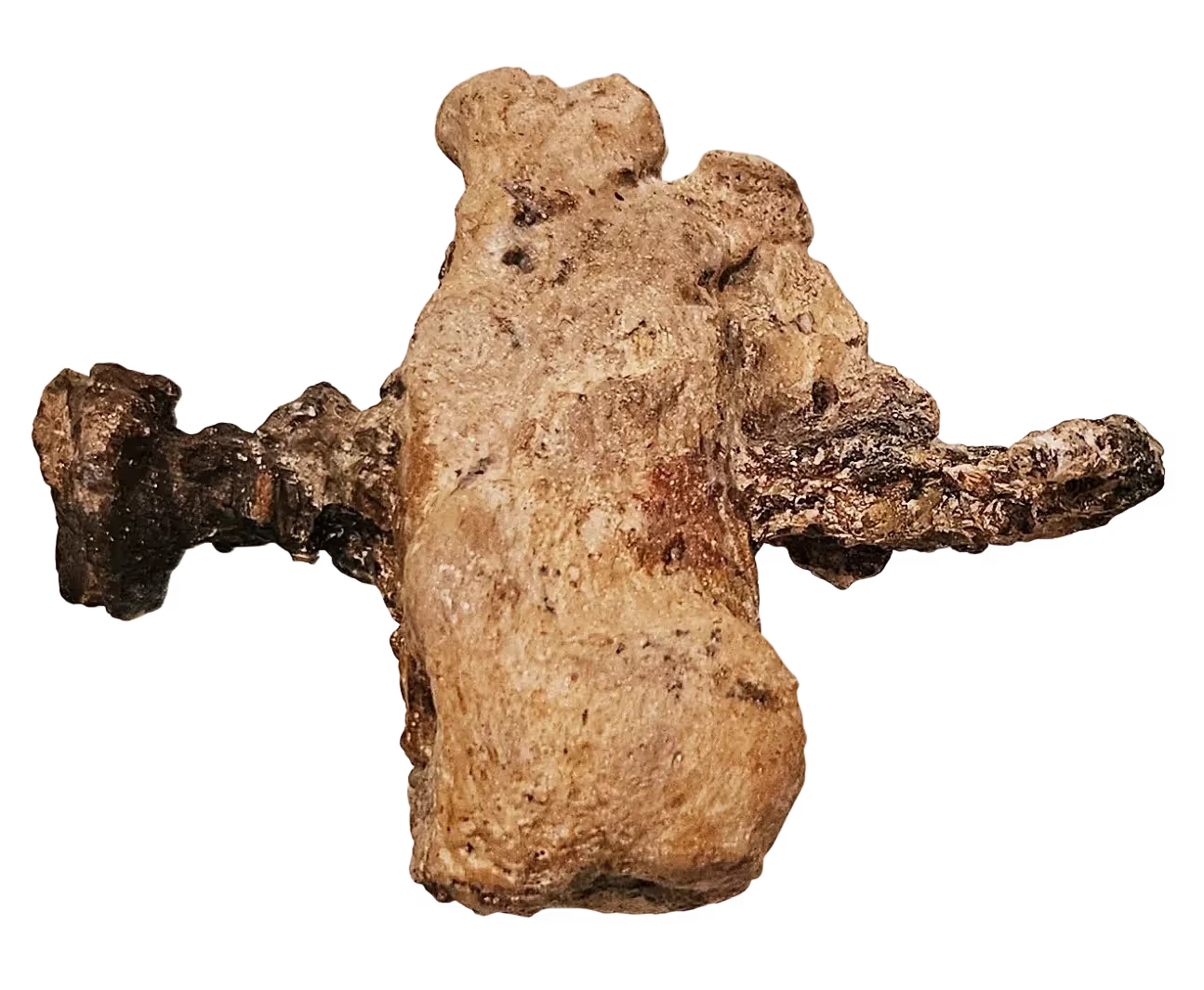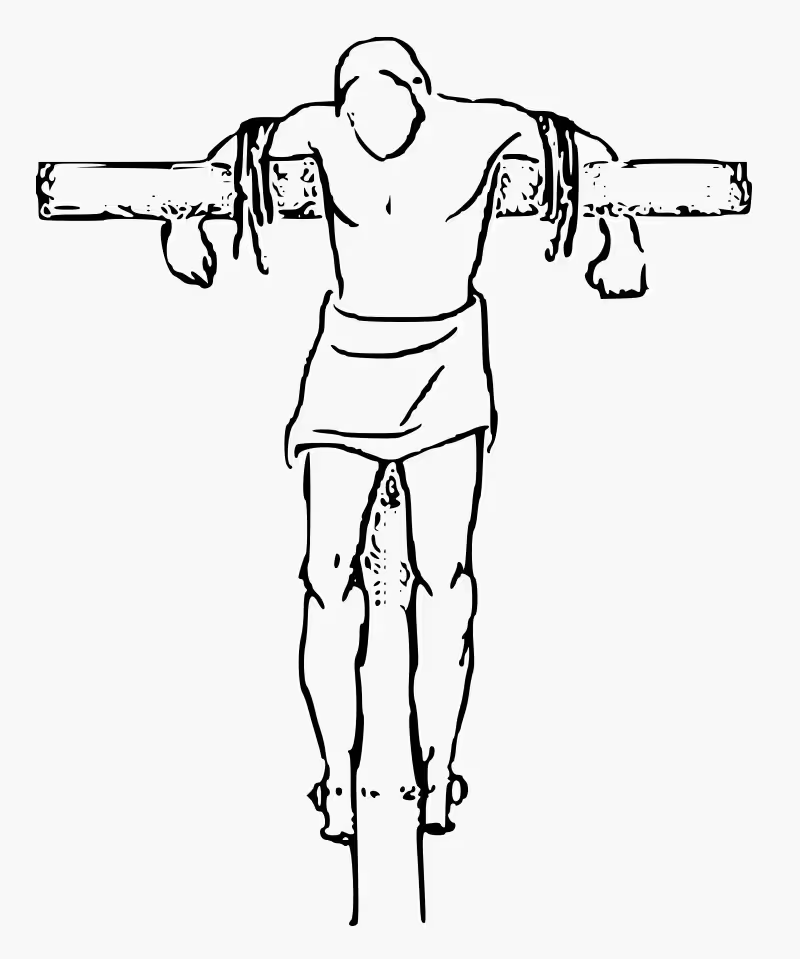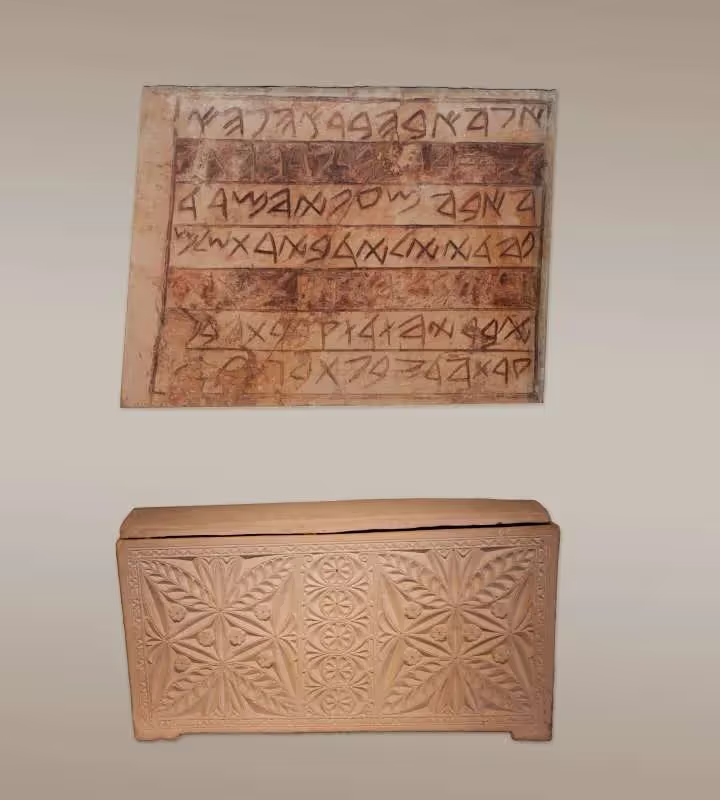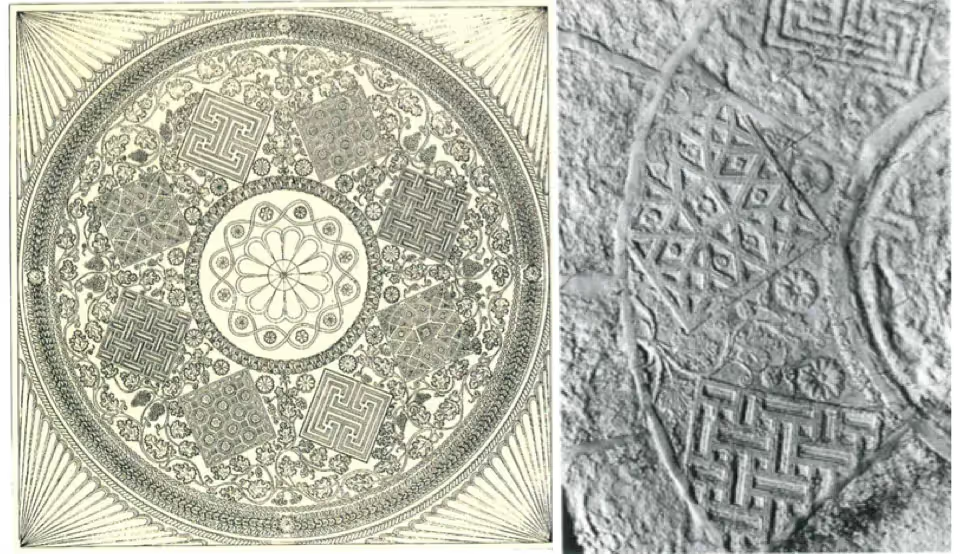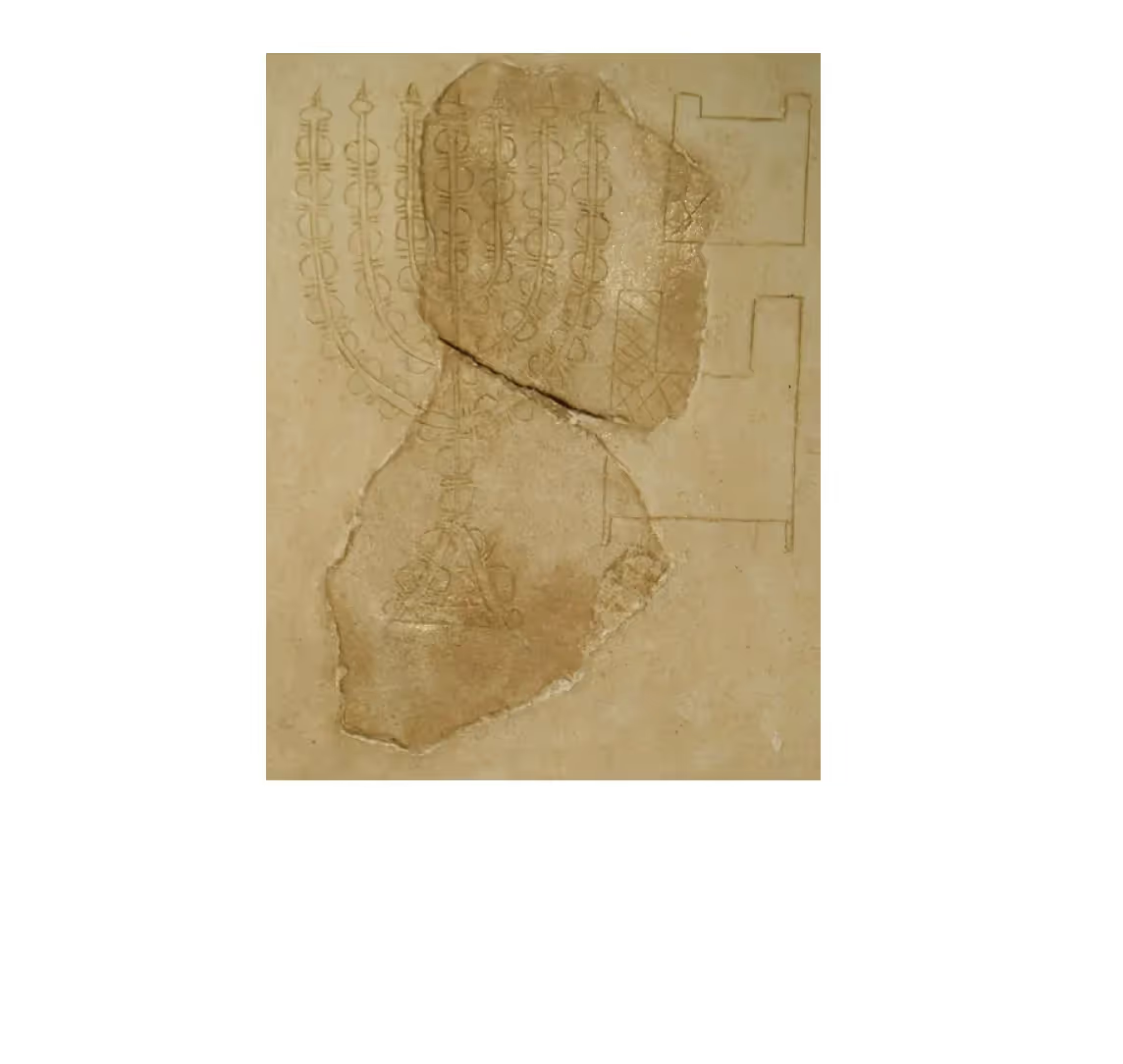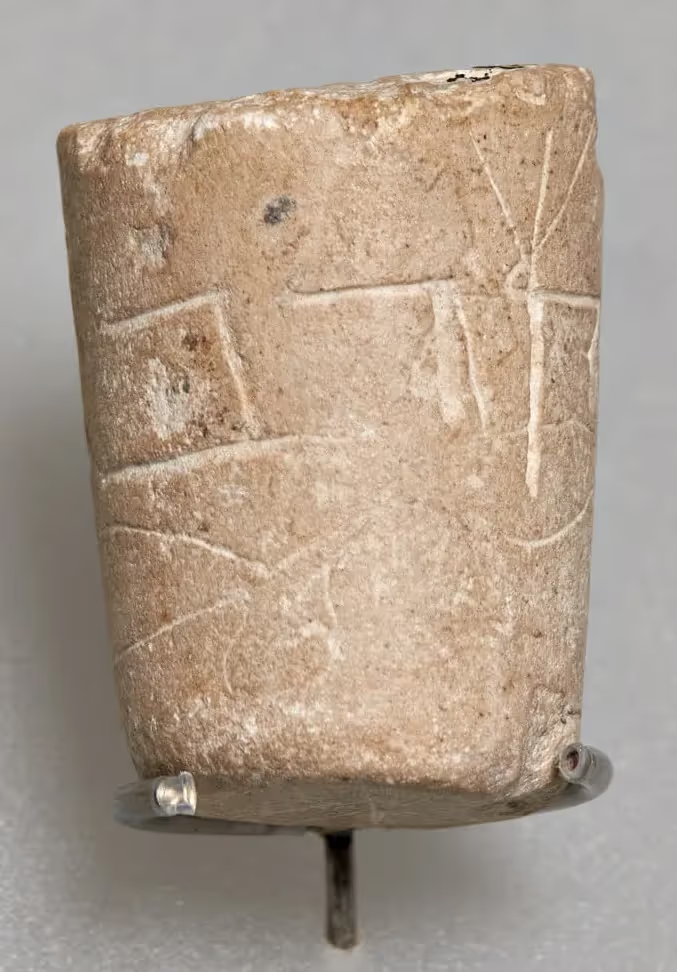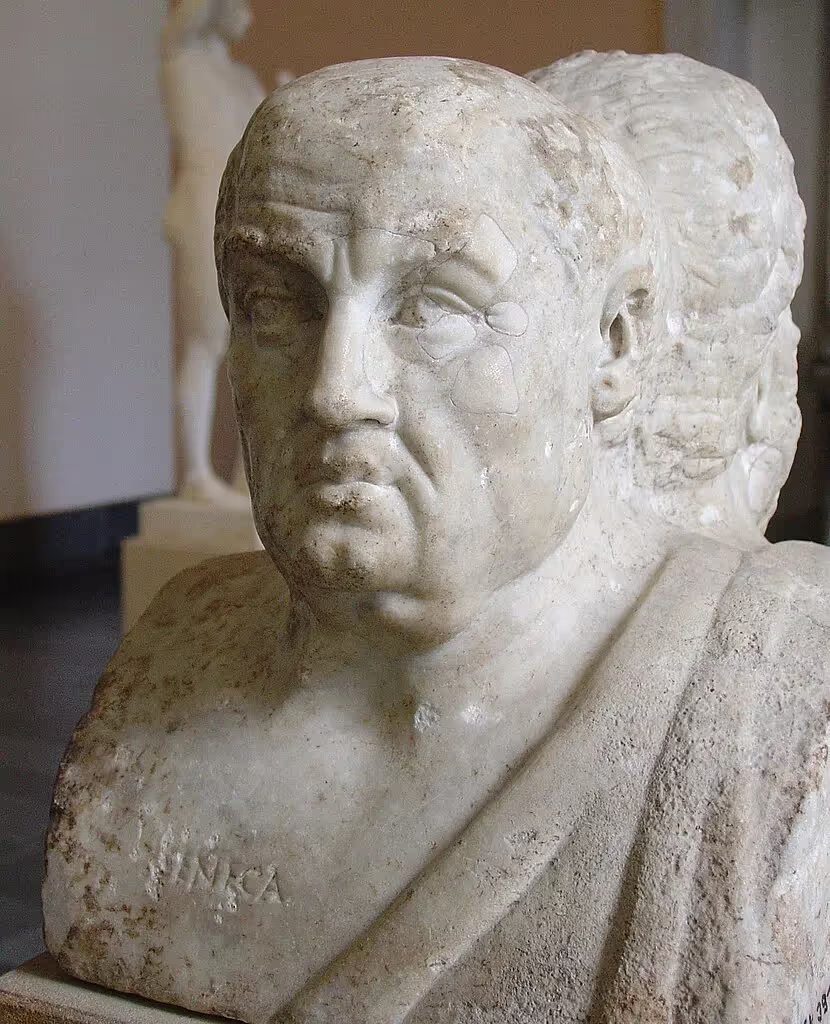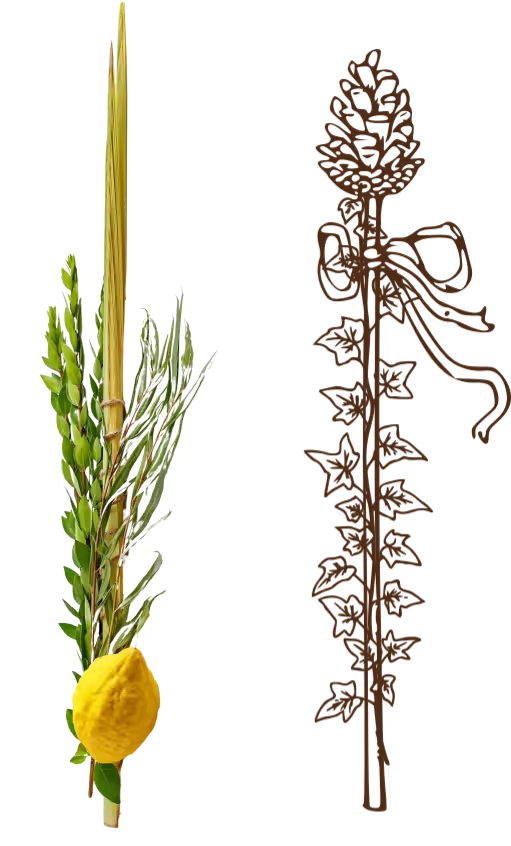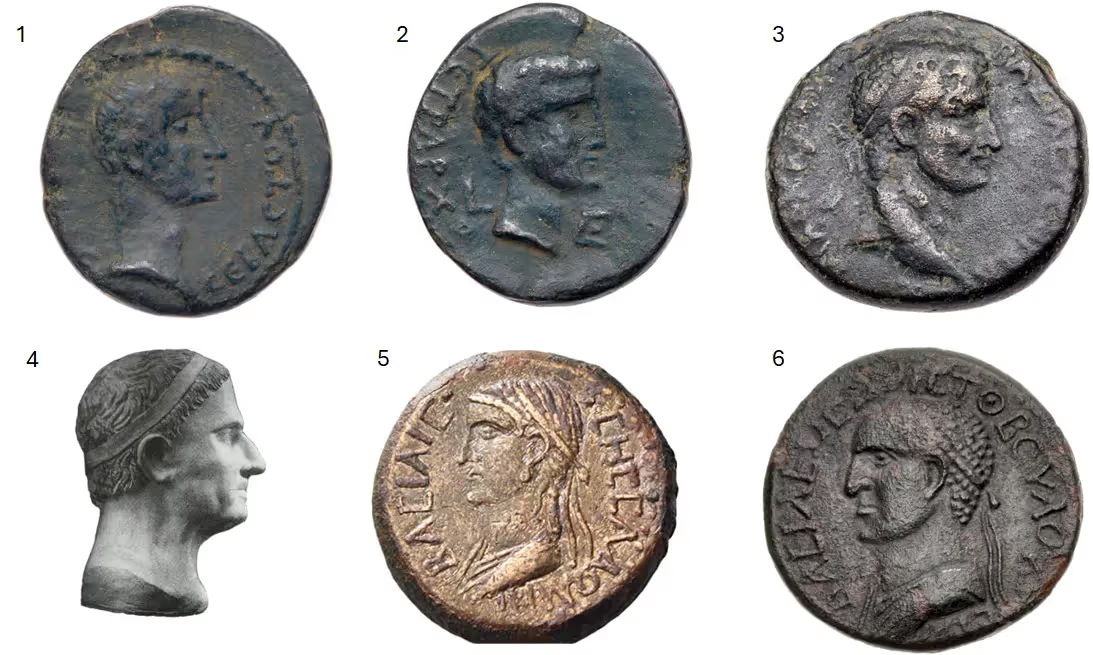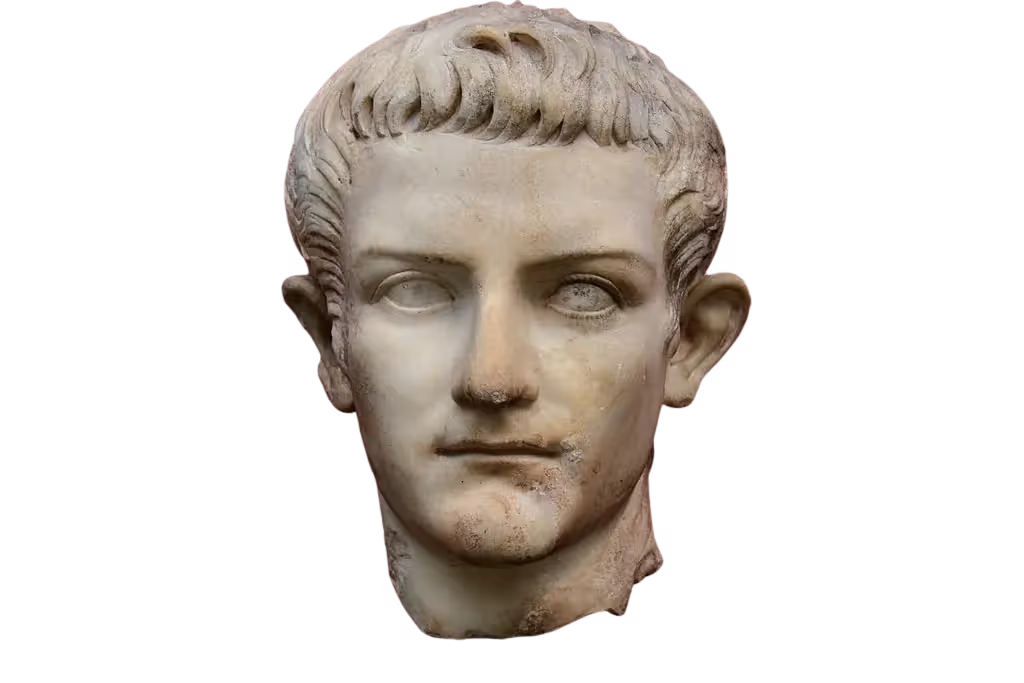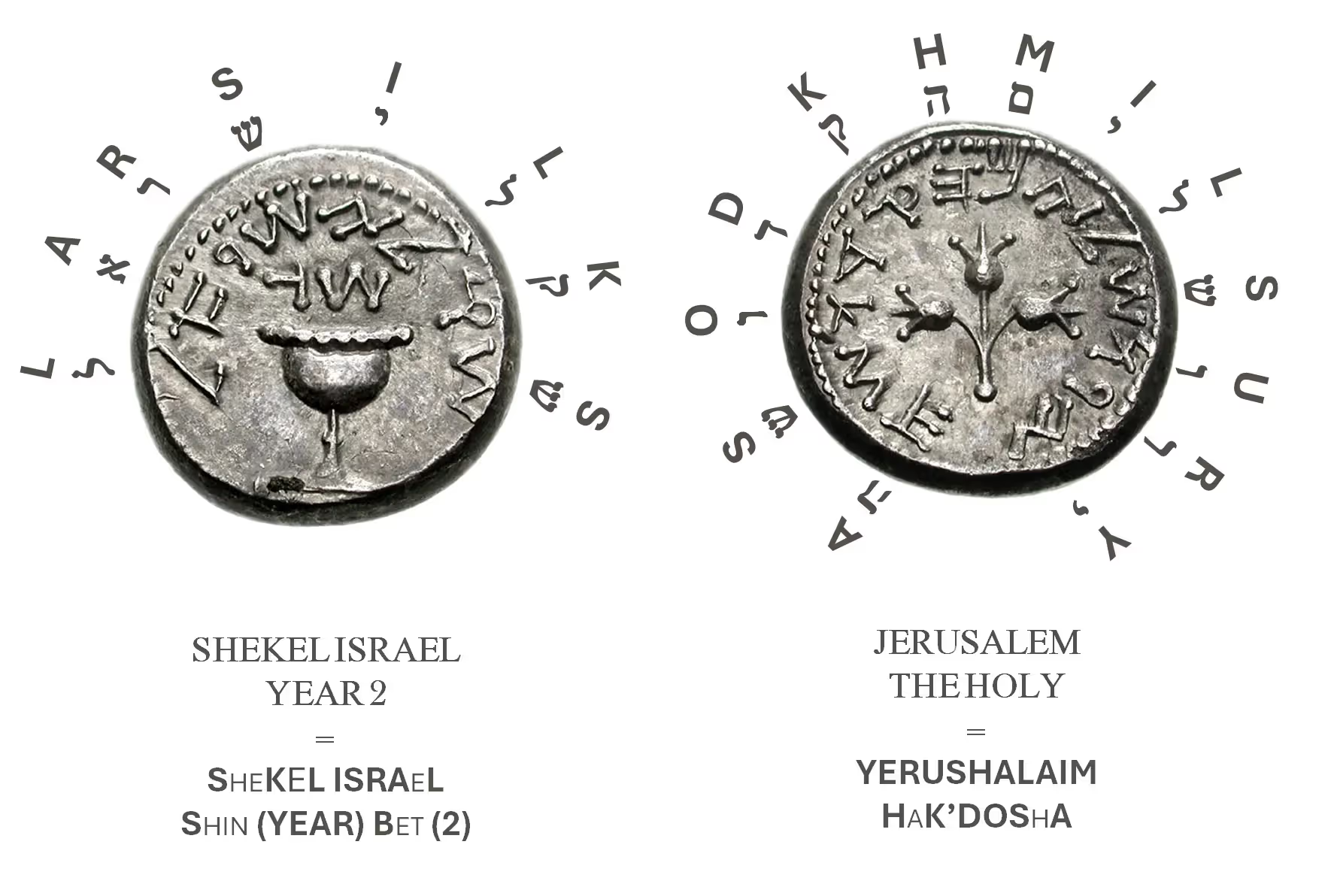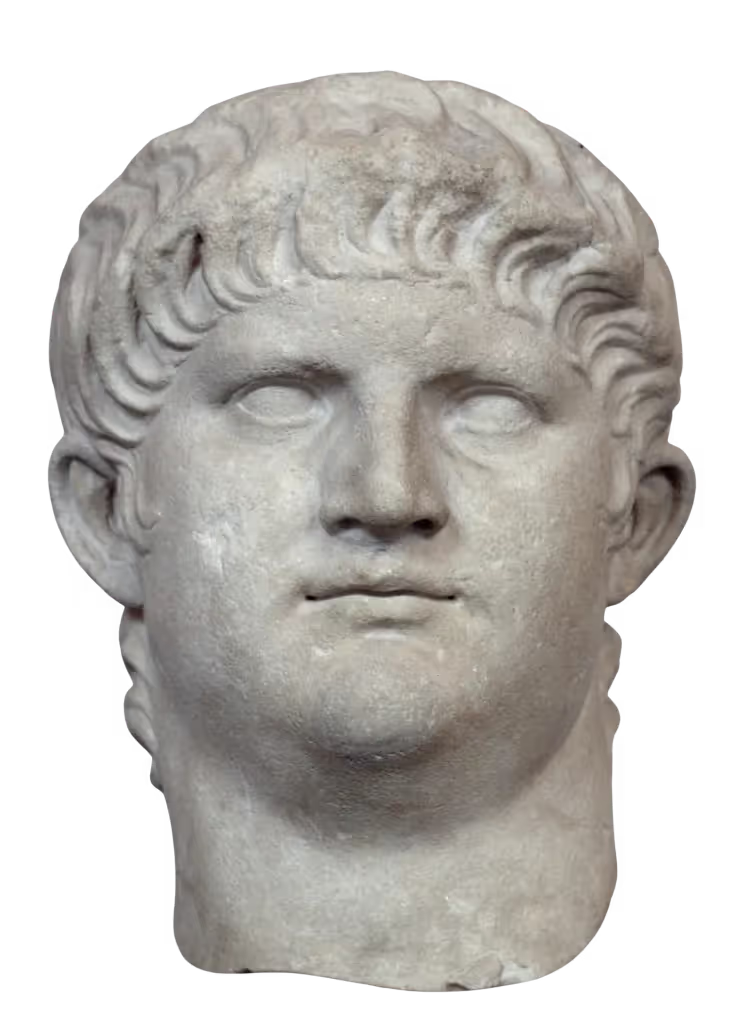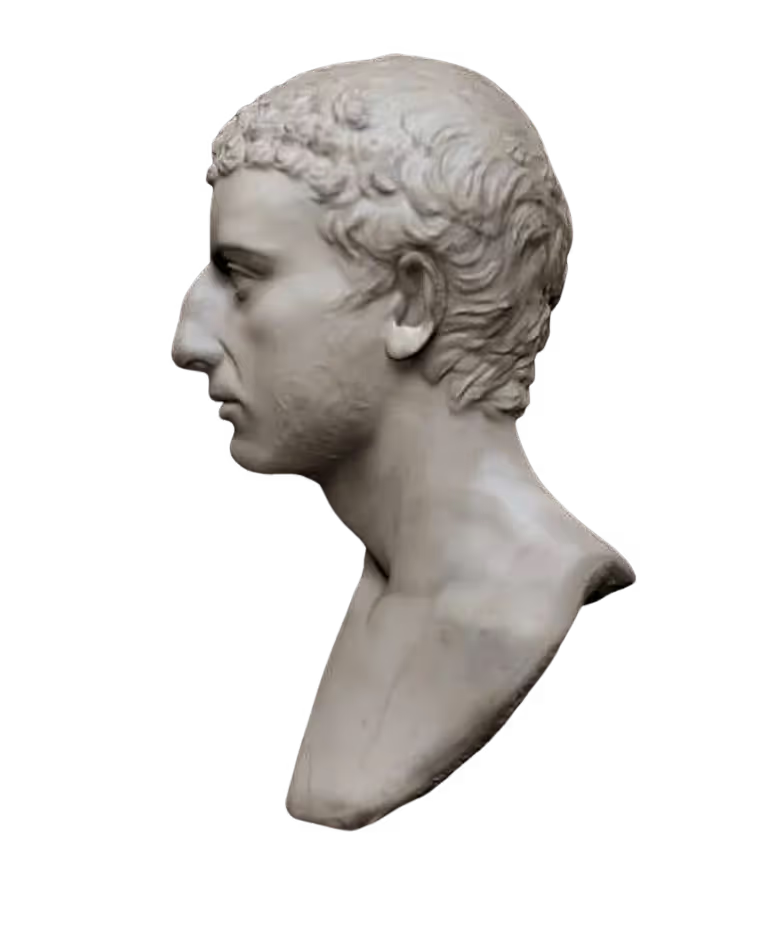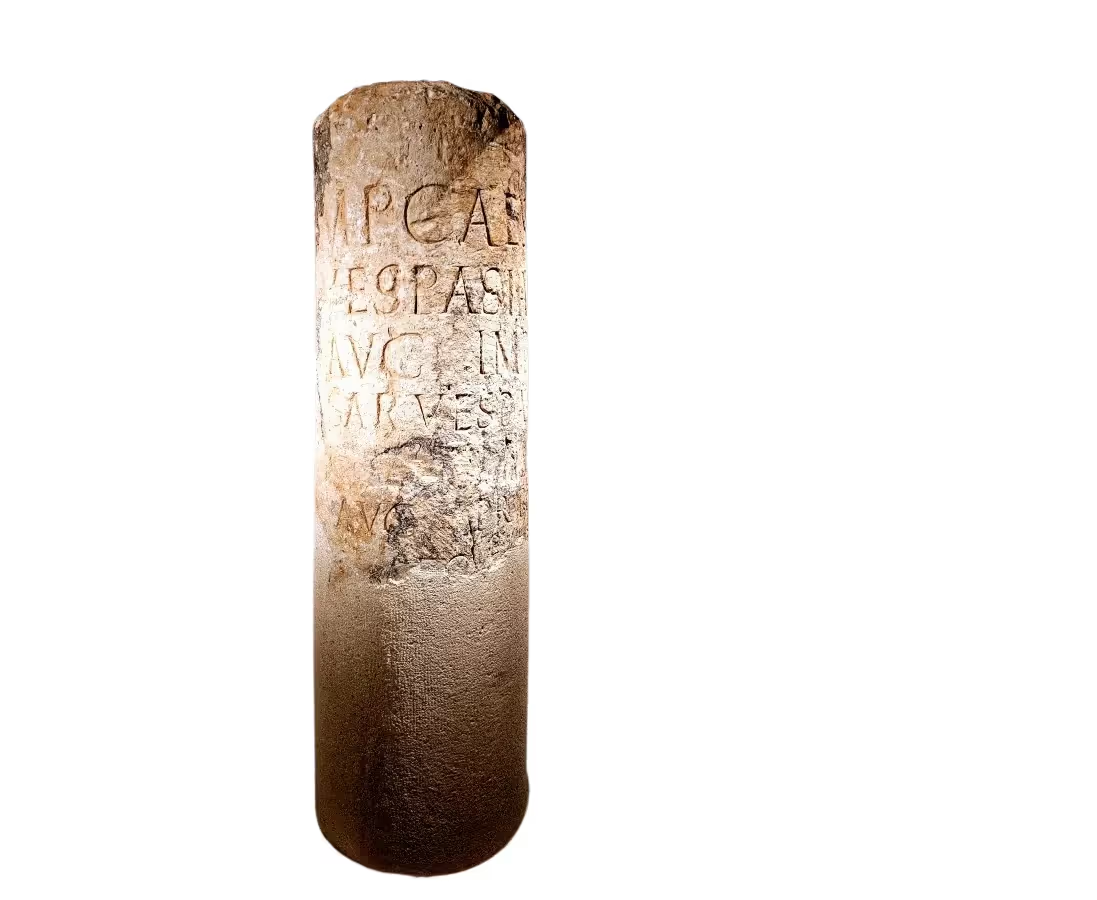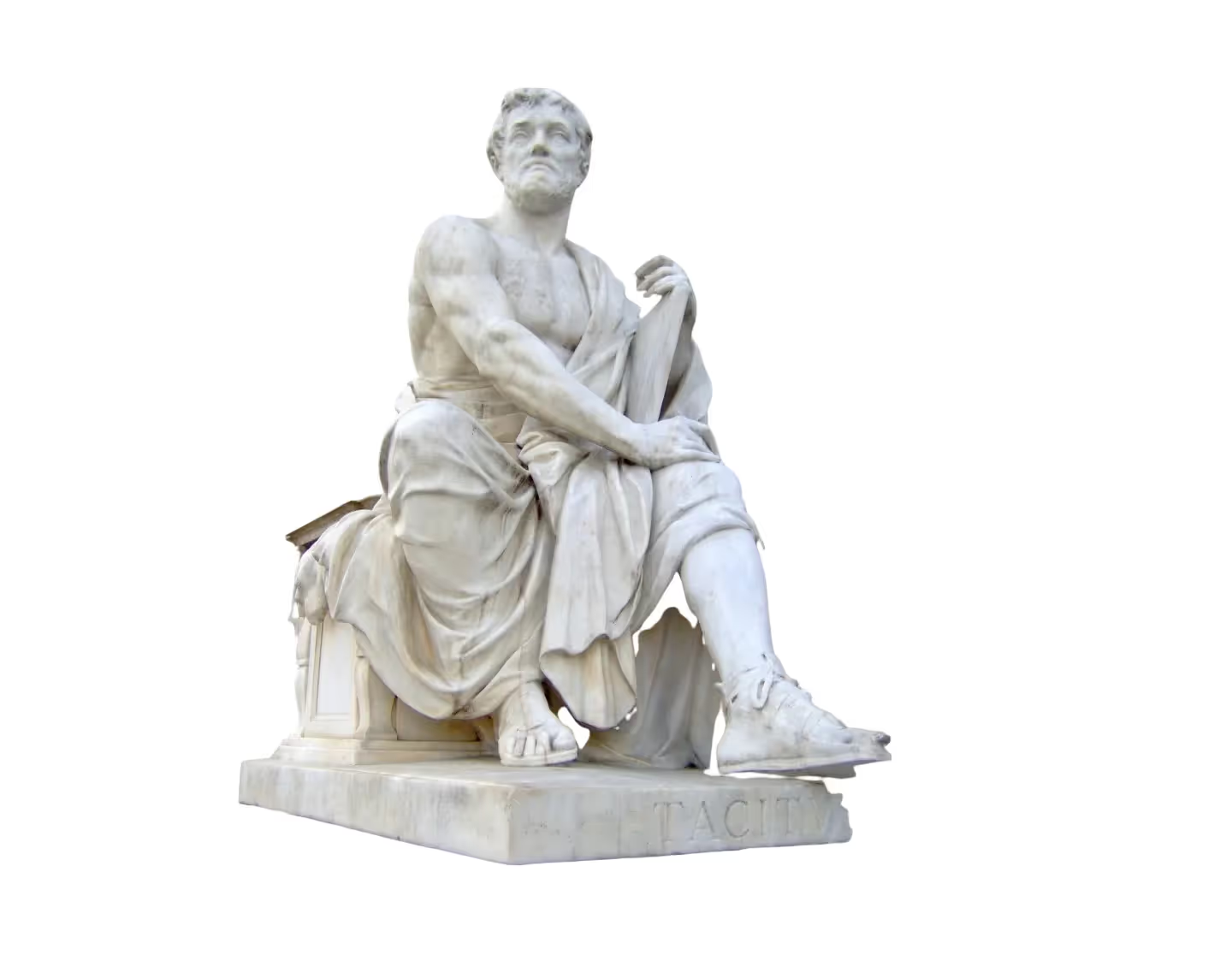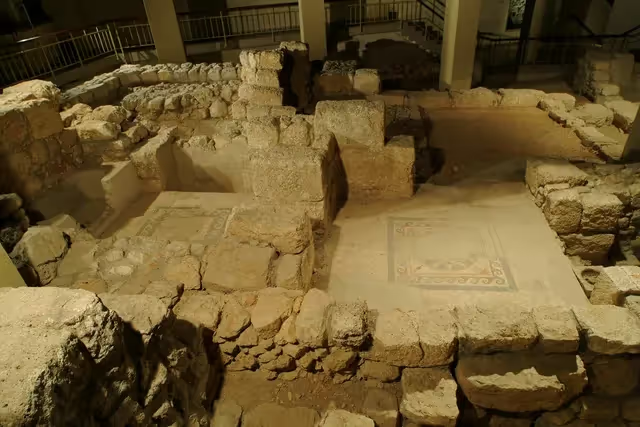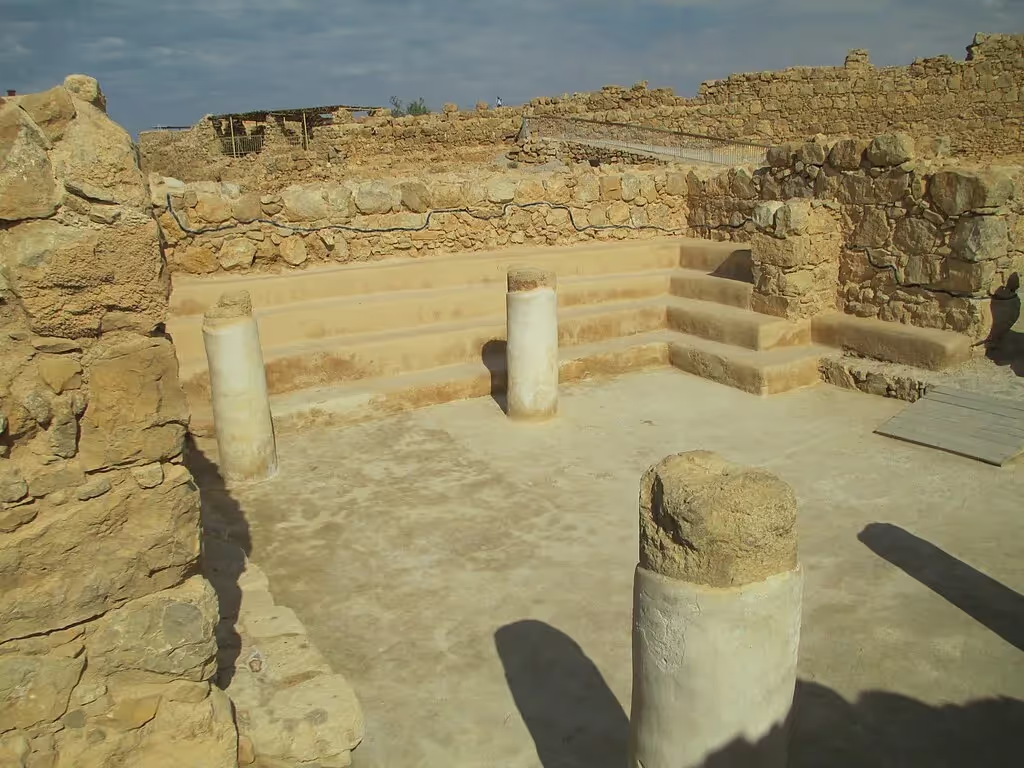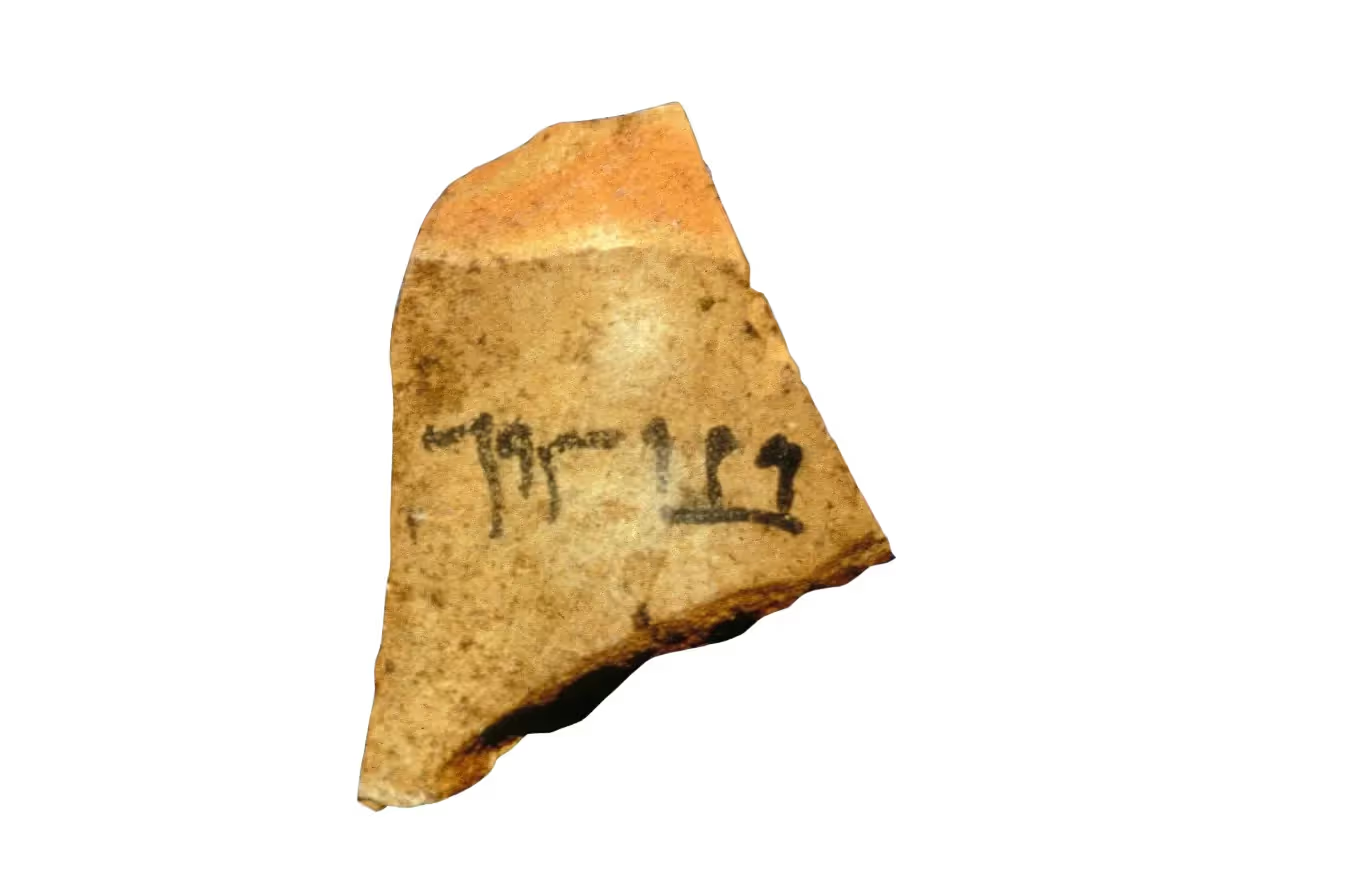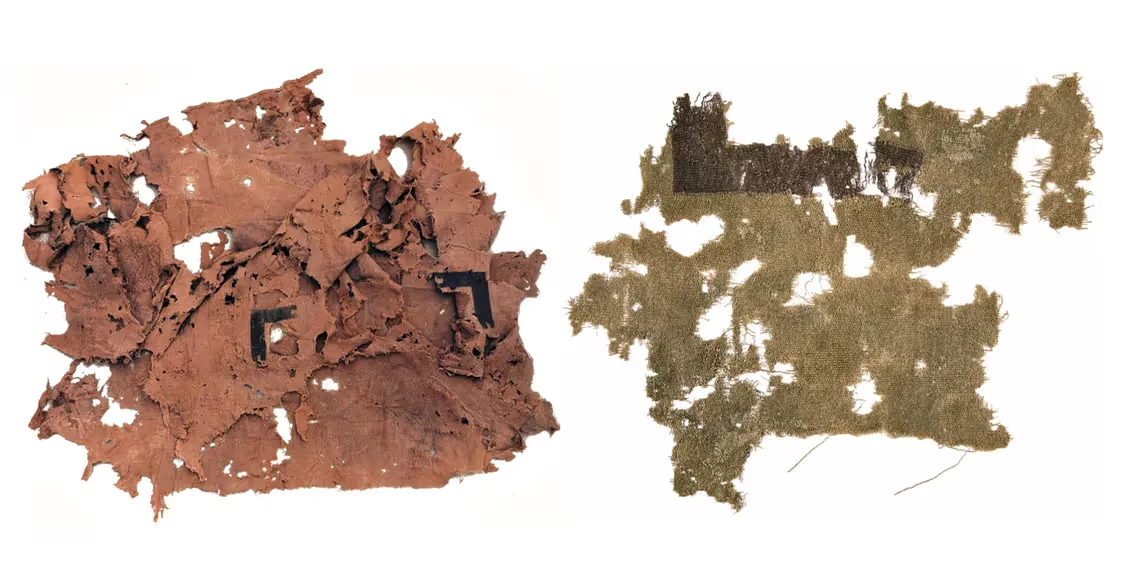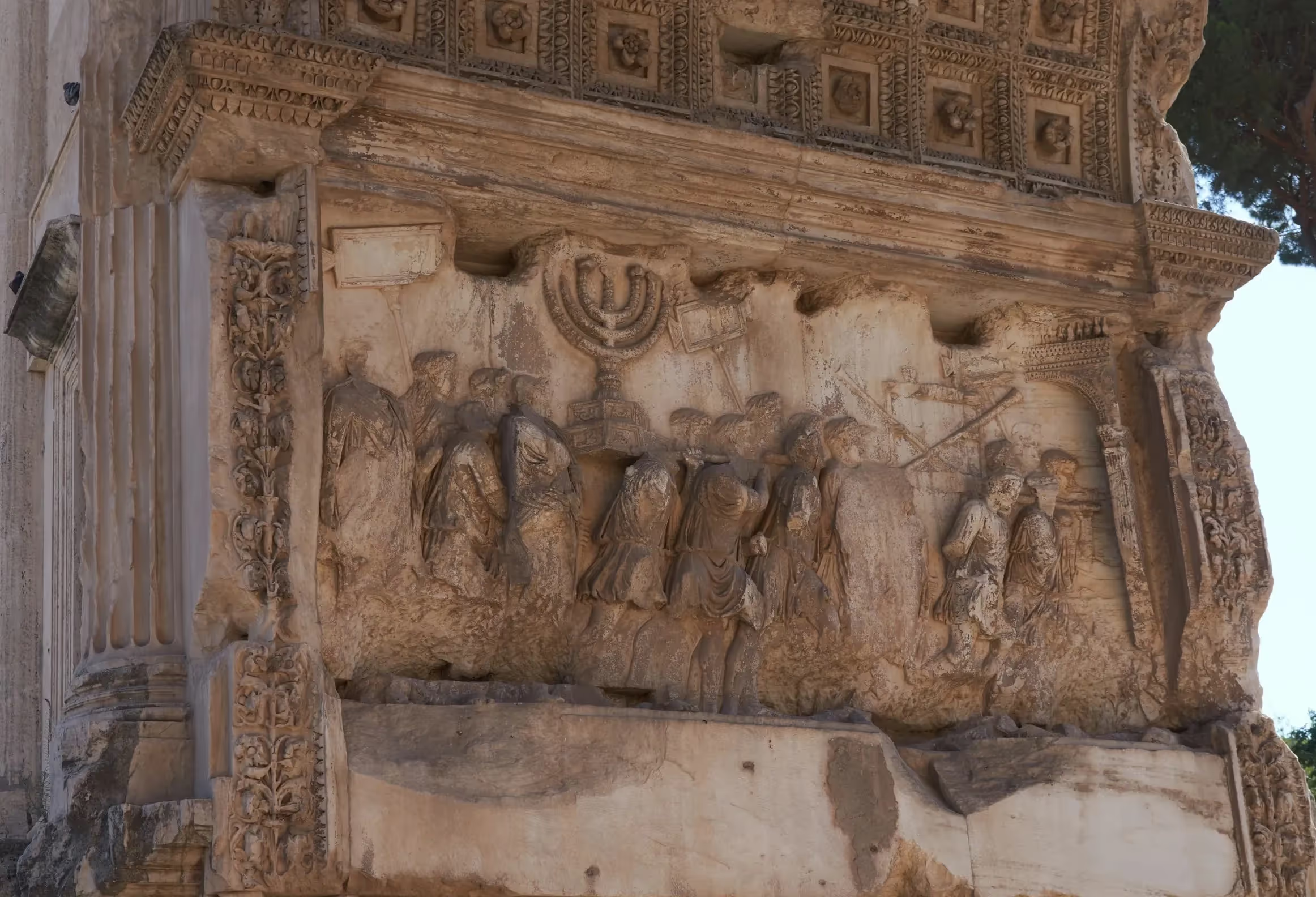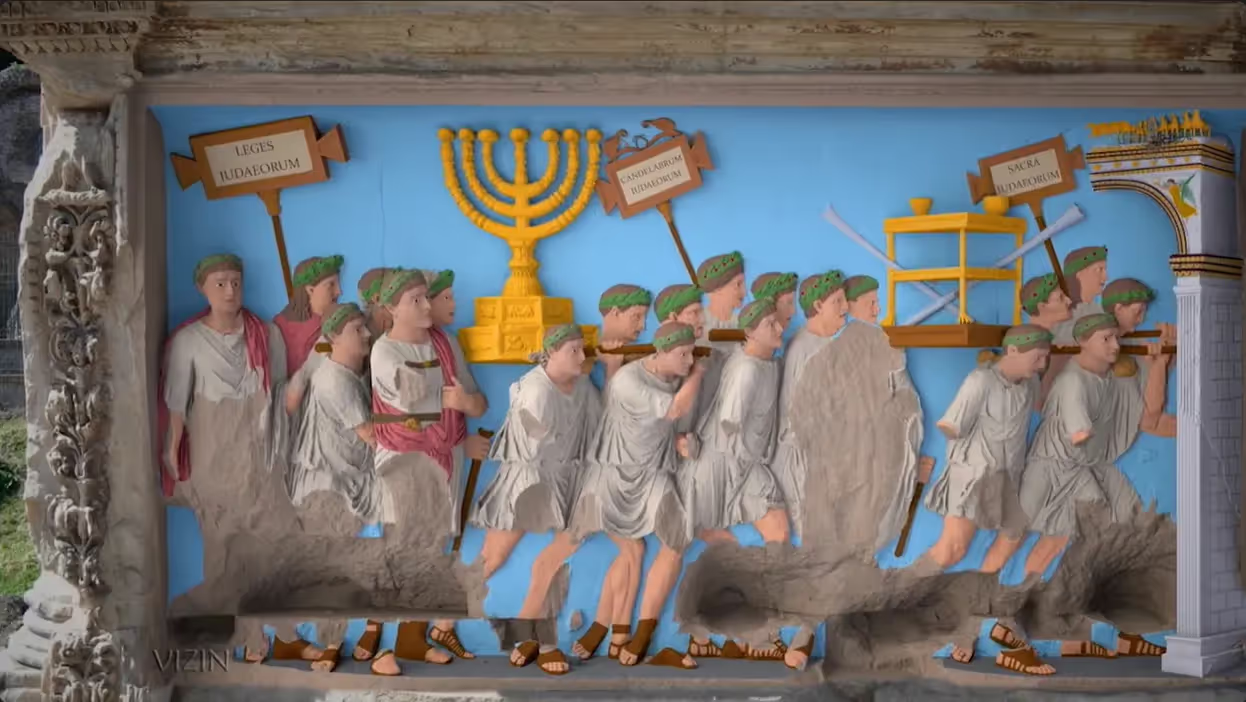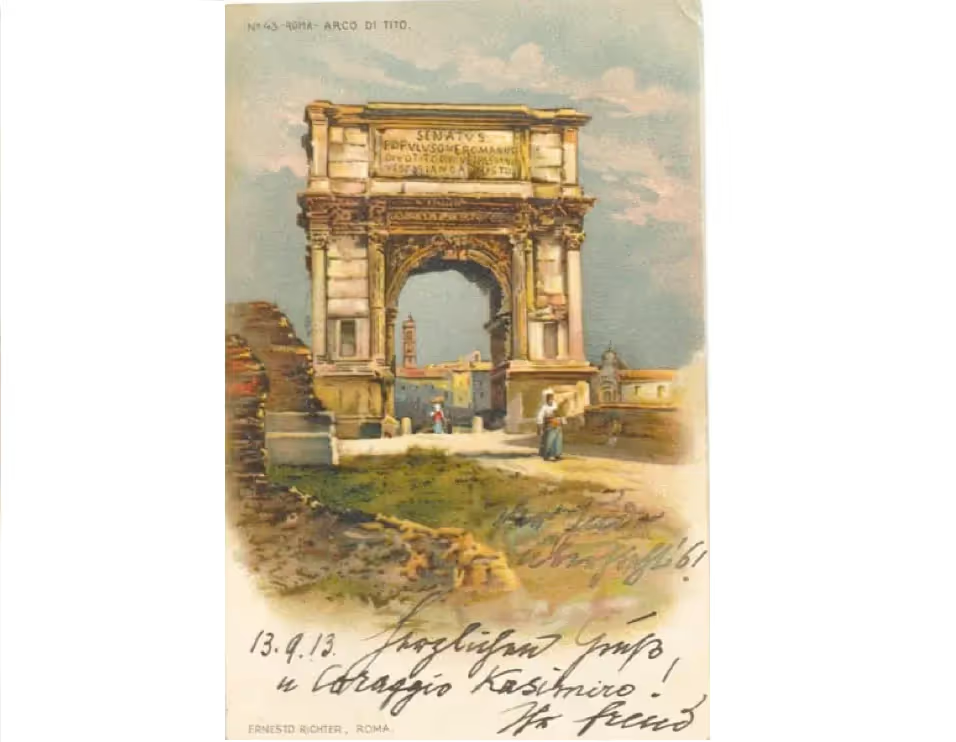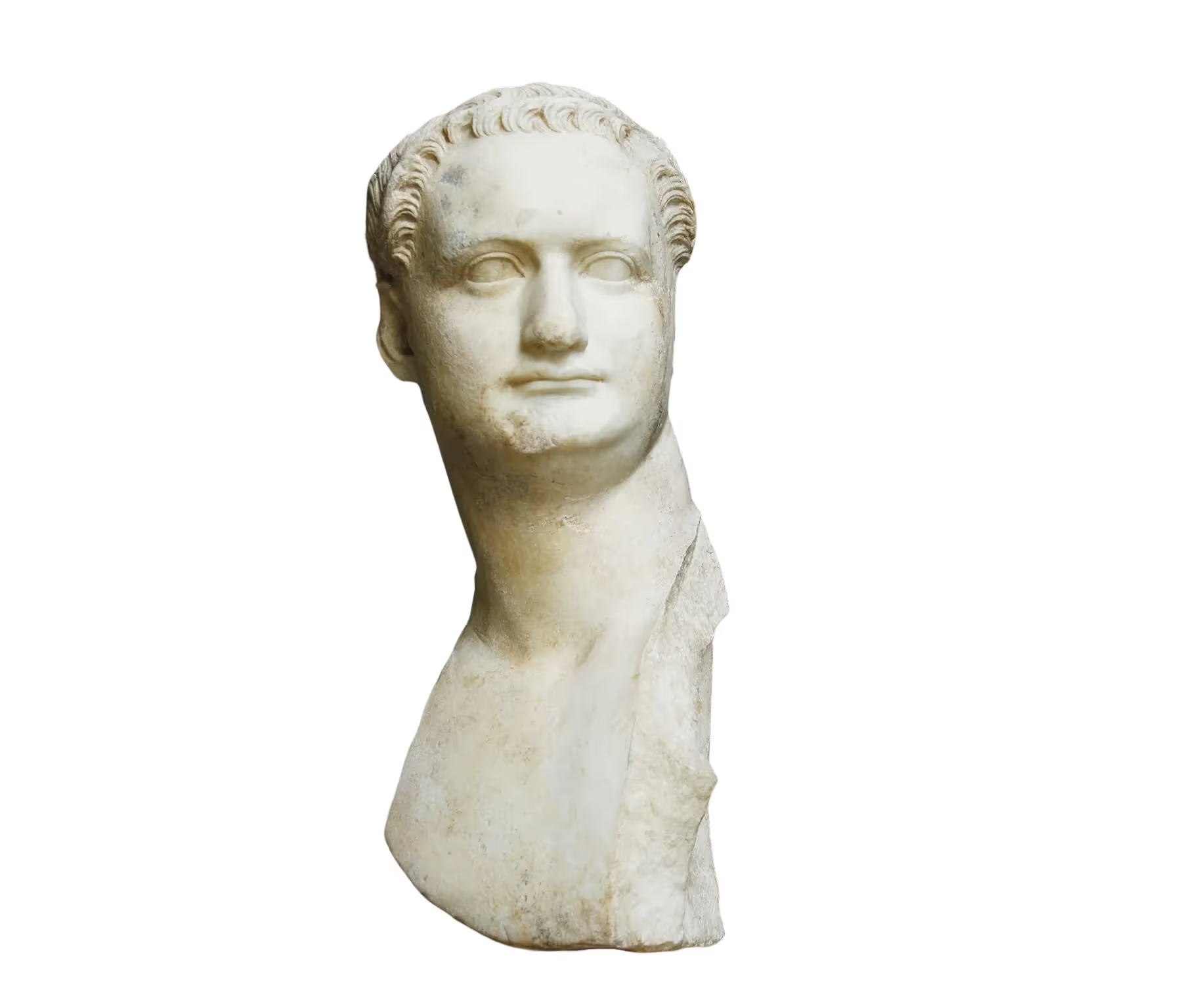“Judea Capta” Coin After the Destruction of the Second Temple
The relentless resistance of the Jews was a difficult chapter for Rome, and quashing the revolt was widely celebrated. Once emperor, one of the first coins Vespasian minted in 71 CE was that of his and his son Titus' victory over Judea.
In this picture is a bronze coin with a portrait of the laurel-wreathed emperor and the Latin legend “Leader Caesar Vespasian Augustus.” On the reverse side is a haunting picture of a Roman soldier dominating a captive woman slumped beside a palm tree. She personifies Judea, which was once again subservient to Rome. The reverse reads: "Judea Capta"—Judea Captured.
Note that the name used is “Judea” as the name Palestine did not exist at the time. The province of Judea was only called “Syria Palestina,” better known as Roman Palestine, after the Roman Emperor Hadrian renamed it during the Bar Kochva Revolt (132-135 CE). He borrowed the name from the Philistines, Israel’s archenemy during the time of King David, meant as an insult to the Jews. The Philistines disappeared from history long before the rise of the Roman Empire.
The modern-day10 Shekel coin in a counter design to Judea Capta has a budding palm tree expressing Jewish sovereignty and freedom in the Land of Israel again. It also has the words "For the Redemption of Zion" in ancient and modern Hebrew on the reverse.
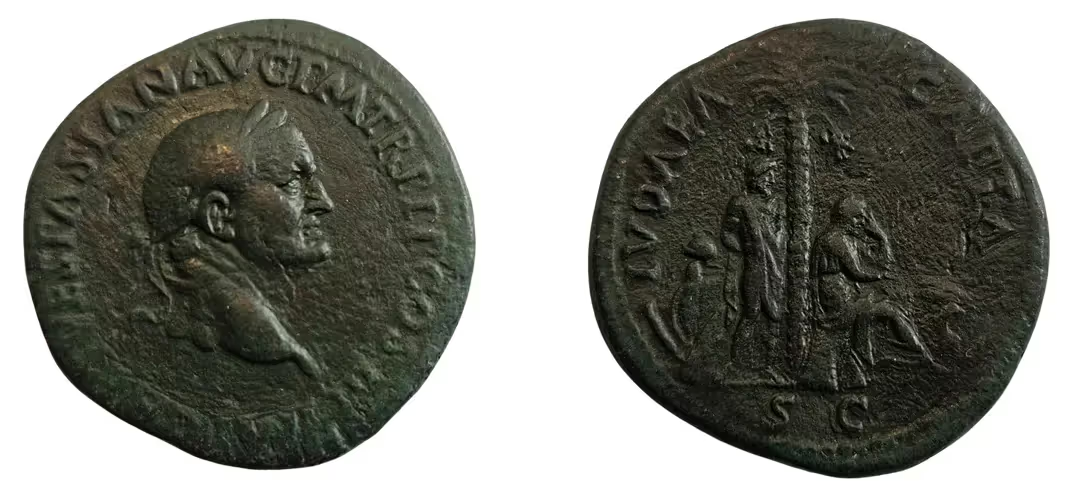
Judea Capta Coin
Obverse: Head of Vespasian
Reverse: Roman soldier dominating acaptive woman slumped beside a palm tree. The reverse reads: "Judea Capta"—Judea Captured.
Personal Collection
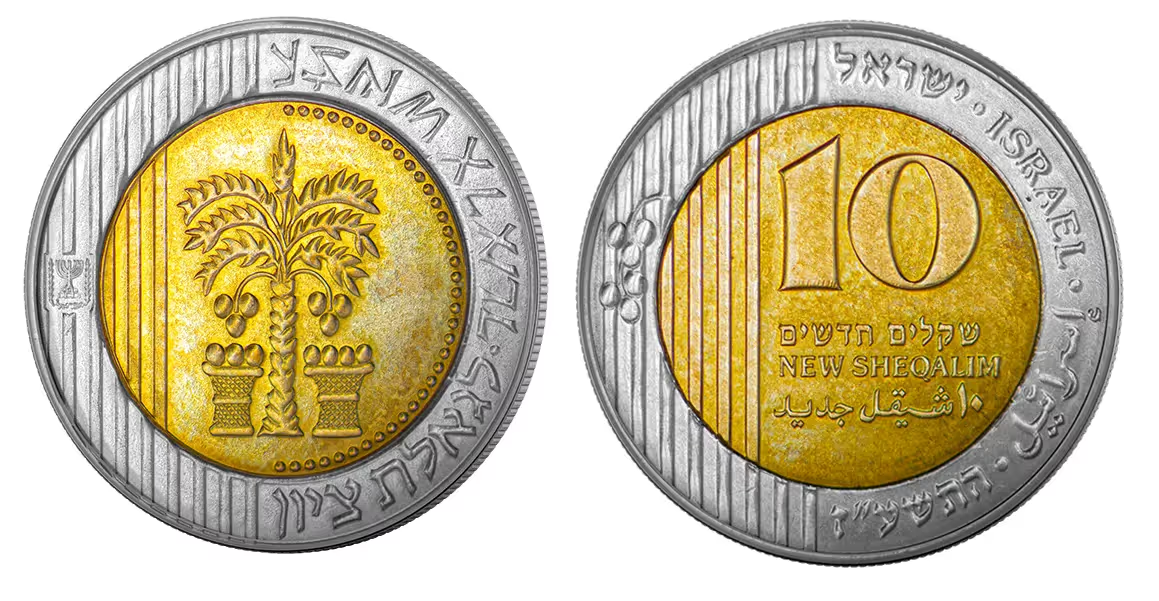
Modern 10 Shekel Coin
Credit: Bank of Israel
Overview
Coin of Emperor Vespasian who left Judea in 68 CE. His son Titus destroyed the Temple in 70 CE.
Note that the name used is “Judea” as the name Palestine did not exist at the time. The province of Judea was only called “Syria Palestina” or better known as Roman Palestine after the Roman Emperor Hadrian renamed it during the Bar Kochva Revolt (132-135 CE). He borrowed the name from the Philistines, Israel’s archenemy during the time of King David, meant as an insult to the Jews.


